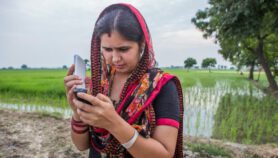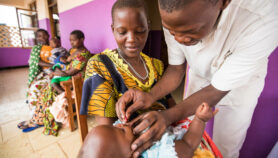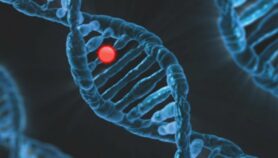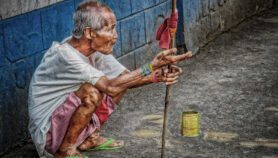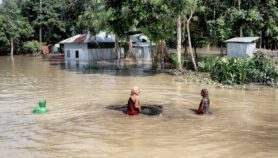16/08/23
Citizen science data can help achieve SDGs – review
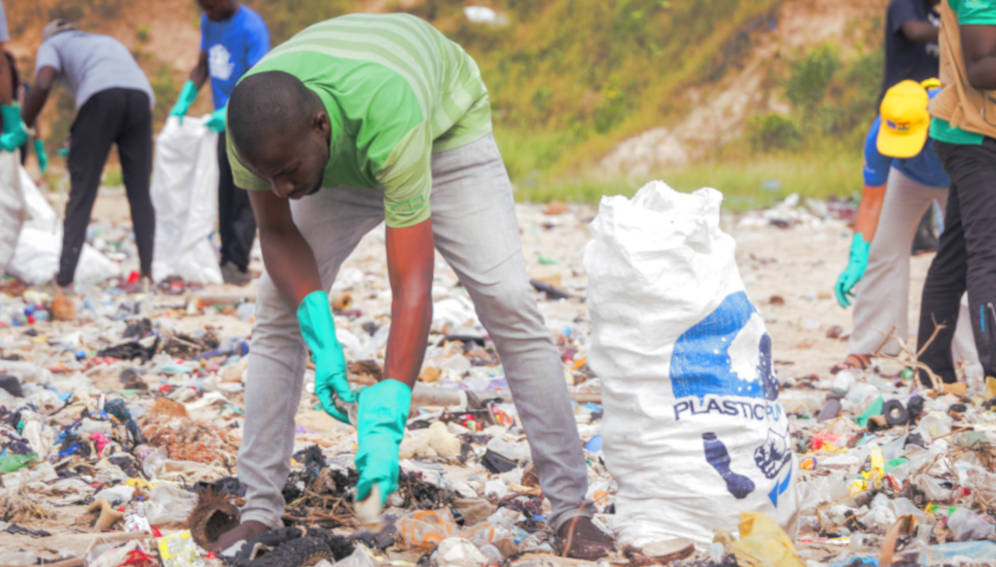
By: Claudia Caruana
Send to a friend
The details you provide on this page will not be used to send unsolicited email, and will not be sold to a 3rd party. See privacy policy.
More citizen reporting is crucial to galvanising action towards health and well-being targets in the Sustainable Development Goals (SDGs) and the World Health Organization’s Triple Billion Targets, according to new analysis.
A systematic review of citizen science published August in the journal Frontiers in Public Health highlights its potential to monitor more than 80 per cent of health and well-being-related indicators in the SDGs – filling major gaps left by traditional data sources.
Citizen science refers to public participation in scientific research, including making observations and recording data of value to researchers who might not be able to obtain it otherwise.
“Engaging citizens in data collection and analysis, citizen science can help to bridge critical data gaps, particularly at the local and community levels.”
Linda See, senior researcher, International Institute for Applied Systems Analysis
According to the authors from the International Institute for Applied Systems Analysis (IIASA) and WHO, these contributions primarily occur at the local and community levels but can be scaled up nationally and globally.
“Citizen science presents a promising approach to monitor health and wellbeing-related indicators of the SDGs and Triple Billion Targets,” said Linda See, a senior researcher in the Novel Data Ecosystems for Sustainability research group of the IIASA Advancing Systems Analysis Program, in Vienna.
“Engaging citizens in data collection and analysis, citizen science can help to bridge critical data gaps, particularly at the local and community levels.”
The UN SDGs are a commitment to achieve a sustainable future for all by 2030, but this achievement depends on informed decisions, backed by timely, reliable data.
The WHO’s Triple Billion Targets, largely based on the SDGs, aim to ensure that one billion more people benefit from universal health coverage, one billion more people are better protected from health emergencies, and that one billion more people can enjoy better health and well-being by 2025.
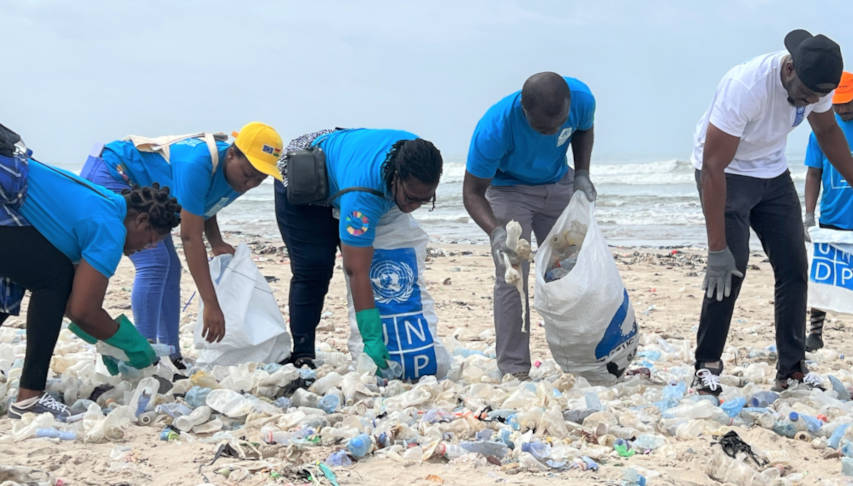


Cross-section of UNDP Staff in Ghana at a beach clean up activity. Ghana has integrated existing citizen science data on marine plastic litter in their official monitoring and reporting of the SDG indicator for plastic debris density. Photo courtesy of UNDP.
Although data availability has improved in recent years, the authors found persistent gaps in routine surveillance.
Traditional data sources, such as nationally representative surveys, are insufficient, while securing funding for monitoring via conventional data sources can be challenging, the analysis showed.
The study’s lead author, Dilek Fraisl, a researcher in the Novel Data Ecosystems for Sustainability research group, told SciDev.Net: “Citizen science includes a diverse set of approaches, from hypothesis-driven projects that are led by scientists and involve volunteers to contribute data, to initiatives designed by scientists and volunteers who are involved in identifying research questions, data collection, evaluation and dissemination of the results.”
She cited examples such as sharing observations on biodiversity, collecting plastics and other litter from rivers, seas and oceans, and measuring water or air quality.
The researchers found that citizen science can directly contribute to or complement the monitoring of at least 48 out of 58 health and wellbeing-related indicators.
The examples analysed primarily come from low- and middle-income countries, aligning with the “leaving no one behind” principle of the SDG agenda and considering the needs of the most vulnerable populations.
“There are huge data gaps to assess progress toward the successful implementation of the SDGs as the traditional sources of data such as household surveys … are not sufficient to address these gaps due to their high implementation costs, outdatedness, and other issues,” explained Fraisl.
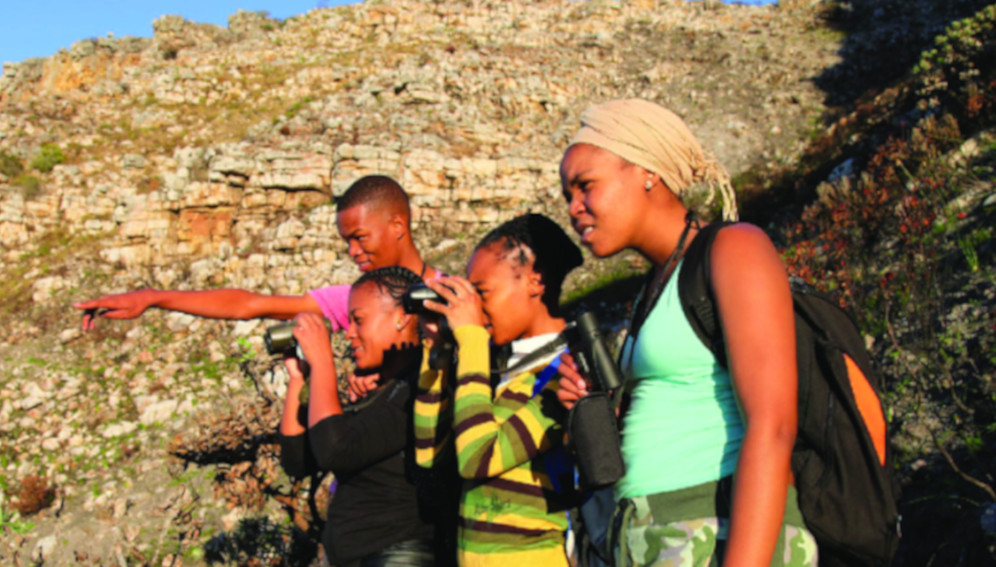


Citizen science allows local people such as these birdwatchers from Limpopo, South Africa to make an important contribution as data collectors. Copyright: Lisa Nupen, (CC BY 4.0).
“As a result, for example, almost half of the environmental SDG indicators lack data today, eight years into the SDG process.”
The review found that citizen science data can contribute to the monitoring of a third of the 231 SDG indicators overall, with the greatest potential in environment, health and well-being.
“It helped us understand where and how exactly citizen science can contribute to the monitoring and potential achievement of the health and well-being indicators and targets,” Fraisl added.
She is hopeful that the analysis, with its input from WHO experts, will be taken seriously by policymakers.
Fraisl highlighted an earlier project the group undertook with Ghana Statistical Service, Ghana Environmental Protection Agency, UN Environment Programme, and others on beach litter data.
“The Ghana work is particularly important, as it’s the first tangible example showing how our proposed approach works in practice,” she said.
“With this project, Ghana has become the first country to integrate existing citizen science data on marine plastic litter in their official monitoring and reporting [of the SDG indicator for plastic debris density] for the years 2016 to 2020.”
Drawbacks of citizen science
Fraisl admits there are drawbacks to citizen science, including recruiting participants and sustaining their engagement throughout the project and beyond. “To address this, it is important to understand participant motivations while designing a citizen science project and to create tasks that appeal to these motivations,” she said.
Data quality is also a matter of contention, but according to Fraisl “there are various approaches that can ensure data quality through iterative project design and implementation”.
“A growing literature on this topic shows that citizen science projects can produce reliable data that are comparable to those produced by scientists,” she added.
Muki Haklay, professor of geographic information science at University College London, and citizen science team leader at the Learning Planet Institute in Paris, told Scidev.Net: “The study authors have demonstrated the potential of data that is generated by people outside the official state system in addressing urgent problems.
“You can say that this research is demonstrating that not using such data is not only a mistake, but is hindering the progress towards addressing challenges that bodies like the WHO or the UN are identifying.”
On the question of data reliability, he added: “It’s a question that scientists are asking over the past 20 years, and more, and there are dozens of peer reviewed scientific papers that show that the data is reliable and of high quality.”
This piece was produced by SciDev.Net’s Global desk.









